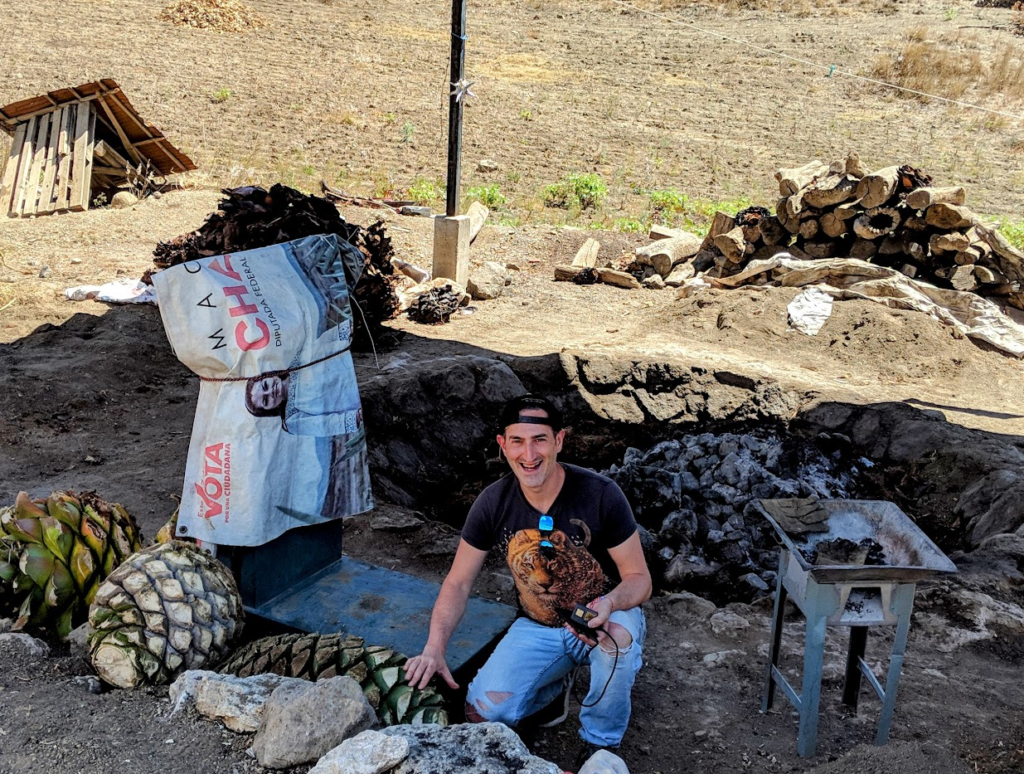Recently, an all-too-common narrative has been appearing in the media: “The government continues to promote Digital Nomads, but the locals are paying the price,” or “Someone who had lived their entire adult life in a city could no longer afford the ‘new’ rents and had to move a one-hour bus ride out of town.” This narrative largely portrays the digital nomad community as the sole instigator of locals’ struggles, which only tells part of the story.
Ironically, the culprits who inflate rental, food, and service prices are often the local landlords, business owners, and service providers. Blinded by greed, they see the influx of digital nomads as an ATM, creating an affordability crisis that affects everyone.
This, coupled with digital nomads‘ economic contribution by patronizing local businesses and redistributing global wealth, paints a complex picture of greed and ethical issues rather than a simplistic narrative of digital nomads causing gentrification.
While these narratives shed light on locals’ genuine struggles, there are several untold stories in this discourse:
- The digital nomads are victims of these price increases too. They often pay inflated prices because they need a local network or knowledge about standard costs. Most digital nomads have no abundant wealth; many are just ordinary people making a living while travelling, negatively affected by locals’ greed-driven rising prices.
- The local landlords, business owners, and service providers often inflate prices. Their greed, seeing the influx of digital nomads as a cash withdrawal machine, contributes significantly to the rising living costs. As such, the blame shouldn’t be placed solely on the shoulders of digital nomads.
- Digital nomads, contrary to some perceptions, contribute to the economic vibrancy of the locales they inhabit. They patronize local businesses and redistribute global wealth, which can help stimulate local economies.
This paints a more accurate picture of the situation, revealing it as a complex issue fueled by greed and a lack of ethics rather than a simplistic narrative of digital nomads causing gentrification.

Immersing myself in the local culture while working from Mexico, here’s a snapshot from my visit to a traditional mescal production facility on the outskirts of Oaxaca – a prime example of how being a digital nomad enables me to experience and contribute to local economies around the world
While it’s true that an influx of international roamers is transforming the vibe of cities like Medellín and Mexico City, not all digital nomads fit the same mould. They come from various generations, backgrounds, and income brackets, each with unique contributions to their adopted communities.
Yet, it’s important to note that the rise in prices and perceived gentrification is not solely due to the influx of digital nomads. Rather, a significant portion can be attributed to unchecked greed within local communities. Some see digital nomads not as visitors enriching the city’s economy and culture but as walking ATMs to be exploited for short-term gain. This predatory view exacerbates the affordability crisis and divides locals and digital nomads.
Consider a freelance web developer from Germany living in Medellín, Colombia. As a digital nomad, she spends her income largely on the local economy. She rents a flat, buys groceries, hires local services, and frequents local cafes, injecting money directly into the city. Conversely, the local landlord who owns her flat raised the rent by 20% within a year, citing ‘increased demand’ from foreigners.
Or take the local government of Barcelona, Spain, which has implemented a policy to limit short-term vacation rentals to control the gentrification caused by tourism and digital nomad influx. They aim to preserve affordable housing for locals and long-term foreign residents, showing how policy can mediate the complex issues arising from the digital nomad movement.
In Bali, Indonesia, the influx of digital nomads has created challenges for the local community, from inflated rental prices to the overexploitation of resources. However, there are digital nomads, like a digital marketer from Canada, who tries to contribute positively to their adopted home. “Living in Bali has allowed me to have a great work-life balance. I strive to contribute positively by shopping at local markets and using local services,” she shares.
This situation is akin to a neighbourhood potluck dinner: Digital nomads, local business owners, landlords, governments, and the local communities bring something different. There might be some unfamiliar dishes, and the flavours could be stronger or spicier than some are used to. But we can all appreciate the feast with open-minded tasting, negotiation, and an understanding of the ingredients. It’s about each participant contributing and benefiting from the vibrant diversity, creating a thriving and sustainable neighbourhood where everyone feels at home.
All stakeholders in the situation, from digital nomads to local businesses, landlords, and governments, have a role in shaping ethical practices. Everyone brings something different, creating a vibrant and diverse mix that can enrich our global society.
Maintaining an understanding and respect for everyone affected by the rise of the digital nomad trend is crucial.
Promoting ethical capitalism, where the benefits are shared among all, is key.
Local governments and communities must balance the economic gains from digital nomads with the need for affordable and inclusive cities.
These groups, who have benefited from the wealth redistribution by digital nomads, must ensure that their practices align with ethical standards and do not perpetuate an exploitative system.
As we navigate this rapidly changing landscape, let’s foster an environment where everyone thrives—an ethical, balanced, and sustainable coexistence that works for all.
Here’s to a world where digital nomads, local communities, and governments recognize and challenge the greed that threatens our collective prosperity.
Ultimately, the rise of digital nomads is a testament to the rapidly changing world of work. As this trend evolves, it’s essential for all stakeholders, digital nomads and locals alike, to navigate this new terrain with respect and understanding.
Local governments and communities need to find a balance, ensuring that economic gains don’t compromise the accessibility and inclusivity of these cities instead of the Media pointing fingers at only one side of larger issues.
It’s time to promote ethical capitalism, where everyone benefits.

Leave a Reply